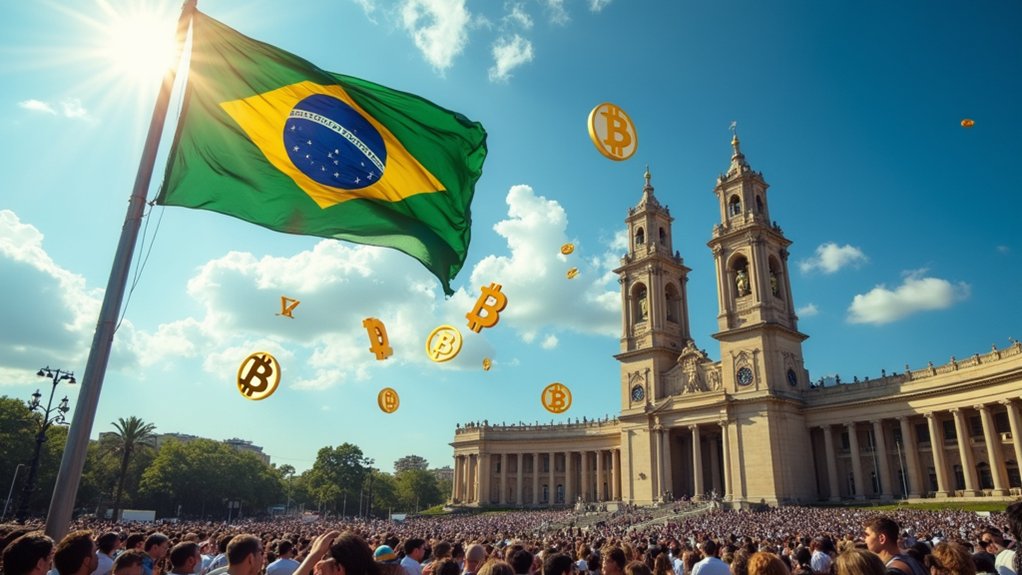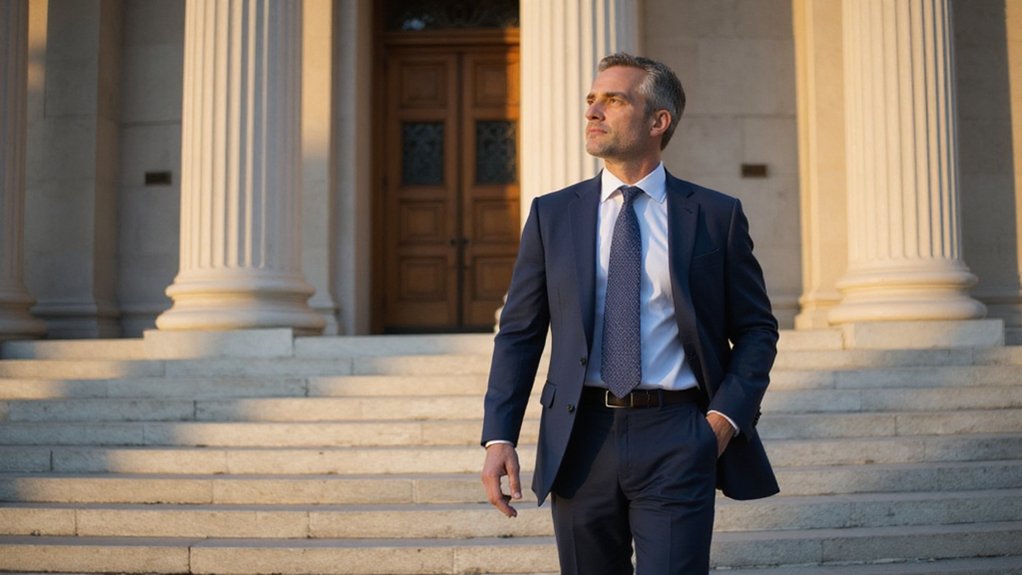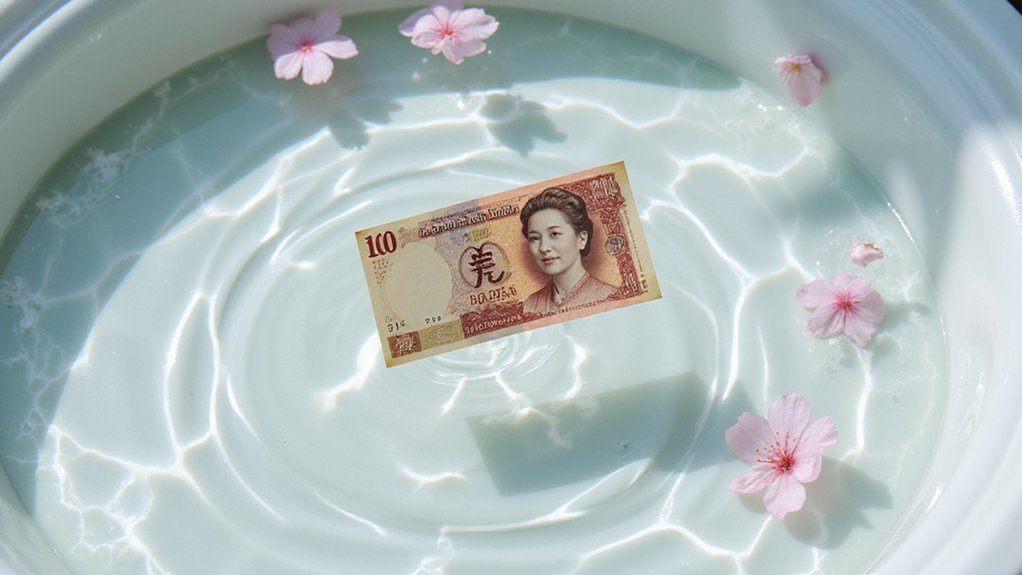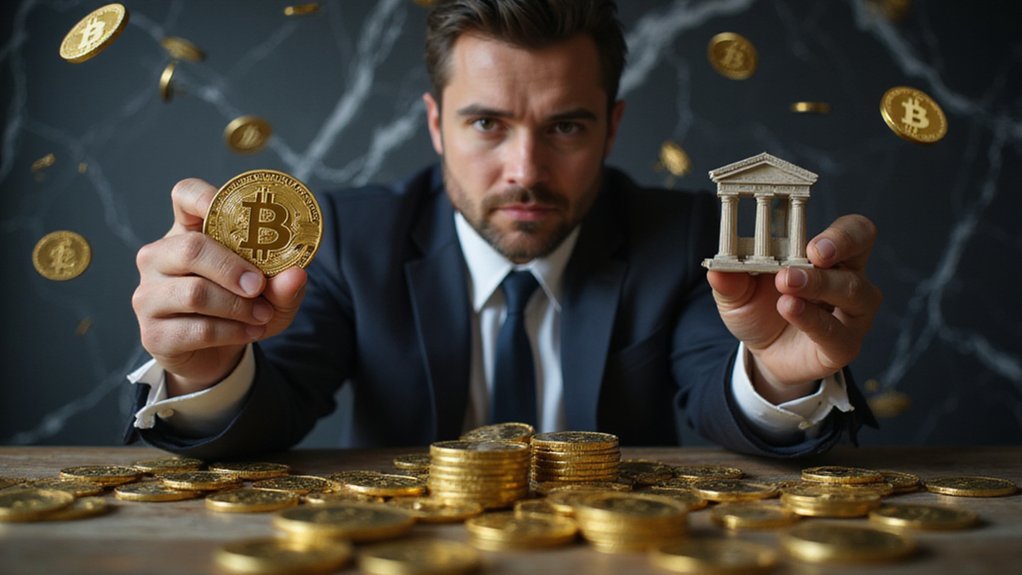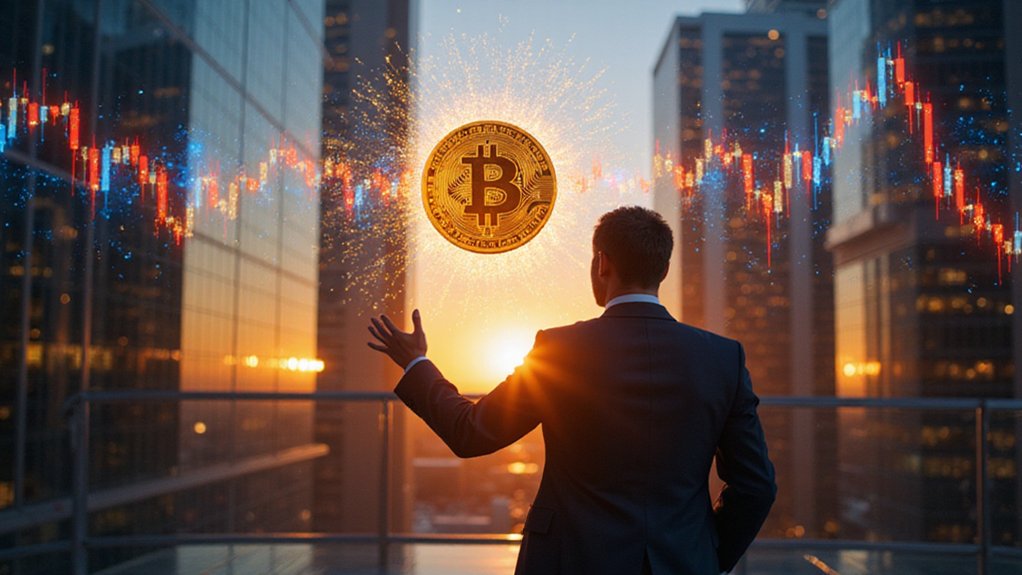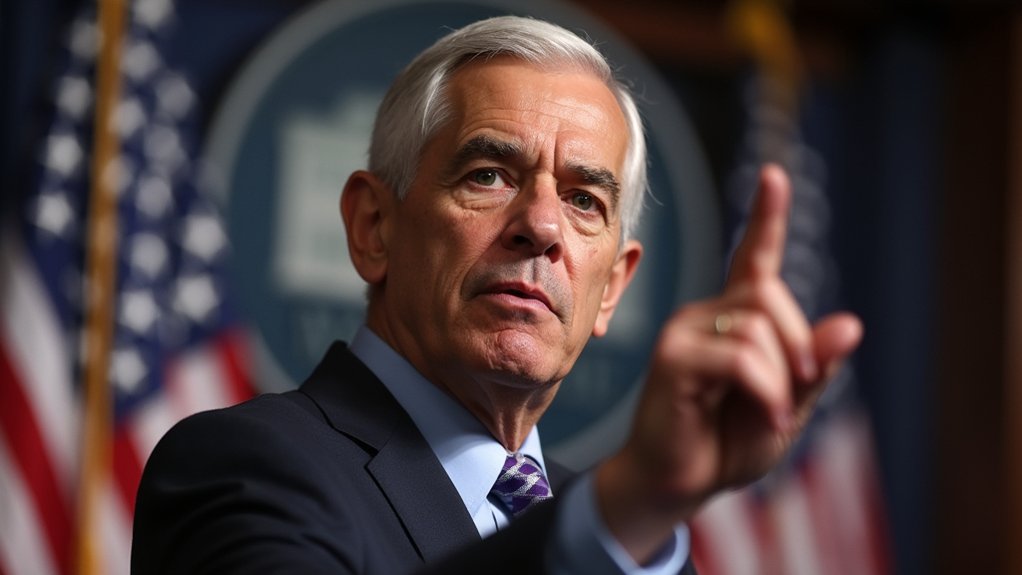Brazil, a nation that has weathered hyperinflation, currency devaluations, and enough economic turbulence to make even seasoned emerging market investors reach for antacids, now finds itself contemplating what might be the most audacious monetary experiment of the digital age. Bill 4501/2024, introduced by Federal Deputy Eros Biondini and later championed by Deputy Luiz Philippe de Orleans e Bragança, proposes allocating up to 5% of Brazil‘s $300 billion international reserves—roughly $15 billion—to Bitcoin.
The Chamber of Deputies has scheduled a public hearing for August 20, 2025, to debate this proposal that would create a Sovereign Strategic Bitcoin Reserve (RESBit). The irony is palpable: a country that once battled inflation rates exceeding 1,000% annually now considers embracing an asset known for volatility that would make a samba dancer dizzy.
Proponents frame Bitcoin as “digital gold,” positioning this move as a hedge against currency fluctuations and geopolitical risks while establishing Brazil as a blockchain pioneer. Pedro Giocondo Guerra, chief of staff to Vice President Geraldo Alckmin, has endorsed the initiative, suggesting institutional momentum beyond legislative grandstanding.
Bitcoin advocates position the volatile cryptocurrency as a stabilizing force—a paradox that would make even Brazil’s economic historians chuckle knowingly.
The scale is unprecedented. Brazil’s potential investment would dwarf existing sovereign crypto holdings, making it the world’s largest government Bitcoin holder—surpassing El Salvador’s relatively modest experiment and the involuntary holdings of countries like the U.K. (acquired through asset seizures).
For context, Brazil ranks as the ninth-largest global economy, lending considerable weight to any monetary policy deviation.
The proposed legislation mandates stringent security protocols, including cold wallet storage and criminal liability for officials who mismanage the reserve. The Central Bank and Ministry of Finance would jointly oversee operations, with 180 days allocated for implementation following approval.
Whether this represents visionary monetary policy or expensive speculation remains contentious. The hearing will feature experts from traditional banking, fintech, crypto advocacy groups, and government institutions—a diverse cast debating whether Bitcoin deserves a place alongside traditional reserves.
The gradual purchase plan aims to minimize market disruption, though acquiring $15 billion in Bitcoin without causing price volatility seems optimistically ambitious. Brazil’s decision comes at a time when stablecoin market cap has exceeded $250 billion globally, demonstrating growing mainstream adoption of digital asset infrastructure. Brazil’s decision could either validate cryptocurrency’s evolution into legitimate sovereign reserves or serve as an expensive cautionary tale for other nations contemplating similar experiments.
